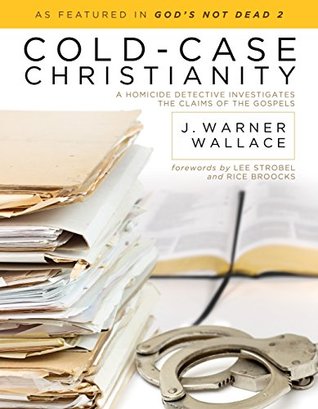More on this book
Community
Kindle Notes & Highlights
Read between
December 11, 2017 - January 1, 2018
All of us hold presuppositions that can impact the way we see the world around us.
But many of these same historians simultaneously reject the historicity of any of the miracles described in the New Testament, in spite of the fact that these miracles are described alongside the events that scholars accept as historical. Why do they accept some events and reject others? Because they have a presuppositional bias against the supernatural.
Ehrman revealed a naturalistic presupposition that is common to many historians.
When we smuggle our conclusions into our investigation by beginning with them as an initial premise, we are likely to beg the question and end up with conclusions that match our presuppositions rather than reflect the truth of the matter.
This is the truest definition of bias, isn’t it? Starting off with your mind already made up.
The question is not whether or not we have ideas, opinions, or preexisting points of view; the question is whether or not we will allow these perspectives to prevent us from examining the evidence objectively.
As I began to read through the Bible as a skeptic, I came to understand that the biblical definition of faith is a well-placed and reasonable inference based on evidence.
If there are good reasons why God might permit evil in this life (such as the preservation of free will and the ability to love genuinely), concerns about His failure to act are simply unreasonable. Doubts about God’s existence based on the problem of evil may have emotional appeal, but they lack rational foundation because reasonable explanations do, in fact, exist.


